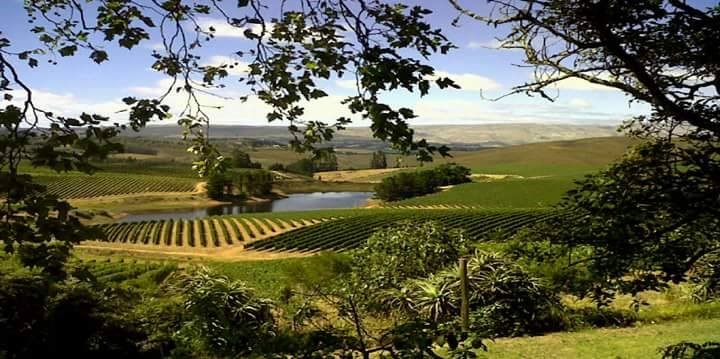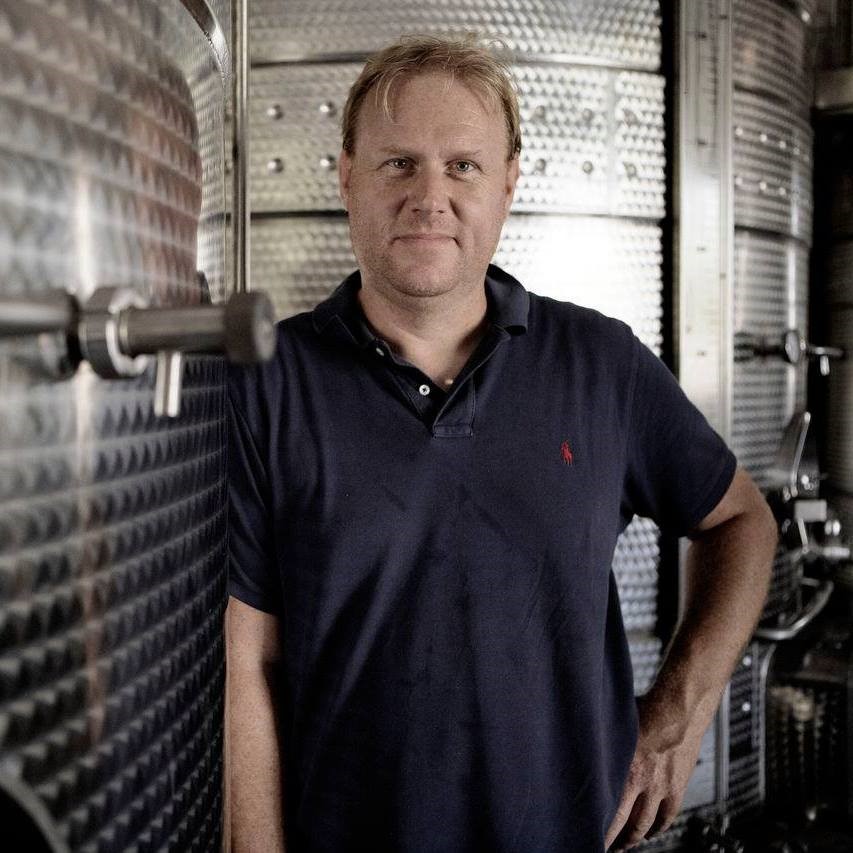Send in the clones
There’s a magic to the Elgin Wine Valley. Close your eyes, you see green; open them and more of the same. It’s lush, cool, enchanting. Home to elegant cool climate wines, seas of apple orchards, the burgeoning craft cider route and friendly country folk, who all want you to sample their wares.
With the New Year bearing down on us; it’s difficult not to think of the future, and what lies ahead for the South African wine industry. If the future were a living thing, you may find it here, twisting out of the ground like the Chardonnay and Pinot Noir vines that hold such promise.
And much like a dystopian sci-fi movie, talk of clones brings me to this valley. We need to look at the big picture, and Richard Kershaw of the eponymous wine label is just the person to colour it in for me. Kershaw is one of two Masters of Wine that live in South Africa, and the only one who’s making wine. We meet at his home, high up on a wine farm overlooking green, green, green as far as they eye can see.

We sit at his dining room table, with the background music of his two daughters playing a game, and the occasional chicken wandering in. Kershaw makes clonally selected, site-specific wines.
“When people hear the word ‘clones’ they immediately think of Dolly the Sheep, but that’s not what I’m doing. Clones are only part of the story, and a small one at that,” says Kershaw empathically. “Clonal selection is part of the concept. To make a world class wine you have to get everything absolutely right, from climate to soil to winemaking and, yes, clones.”
“I don’t want to make obvious wines. I want to make complex, interesting wines.” Kershaw shows me a map of the Elgin Valley; he’s highlighted wards within the region with corresponding colours to show which clones are planted where. He’s making an academic study of the winemaking here.
“We’ve got to look at everything. It’s not about what’s ‘better’. I don’t care about that. It’s that we need to have the conversation. It’s about the certain metrics we can play with: soil, climate, clone, winemaking and smaller aspects.

“For me it’s going that one stage further; how can we get more intellectual? As a Master of Wine I’m interested in the discussion.”
We taste his wine amid the domestic swirl around us. The penny drops for me when we taste two syrahs side-by-side. Lake District Cartref SH22 (that’s the clone part by the way…) Syrah and the Lake District Cartref SH9C. The grapes came from the same soil, the same vineyard block, were made by the same winemaker—but both offer undeniably different flavour profiles. It’s startling.
“Chefs reinvent well known dishes by deconstructing them, focusing on and highlighting each element within the dish. As a winemaker I take grapes from certain clones that each offer unique flavour profiles. When grown in certain soils, within particular microclimates, these clones bring subtle nuances to the finished wine.
“My Deconstructed range showcases particular examples of individual specific sites, soils and clones from the Elgin region. I have long championed regionality and this new range focuses on this concept and the incredible quality of wines from this cool climate region.
“Hopefully when I’m dead and buried people will want to drink a few bottles of the wine I’ve made. But what’s important is that I’ve left some kind of legacy, to have helped the industry move forward constructively. I want to help put Elgin on the map with a signature grape; one that shows the quality that Elgin can produce. For me, that’s Chardonnay. This doesn’t mean that other grapes can’t be part of the equation, it simply means that Elgin should become synonymous with Chardonnay in the same way that Marlborough is with Sauvignon Blanc, Barossa with Shiraz or Clare with Riesling.
“Hopefully I will be alive still to see it.” Well, we could always clone him.
- Malu Lambert